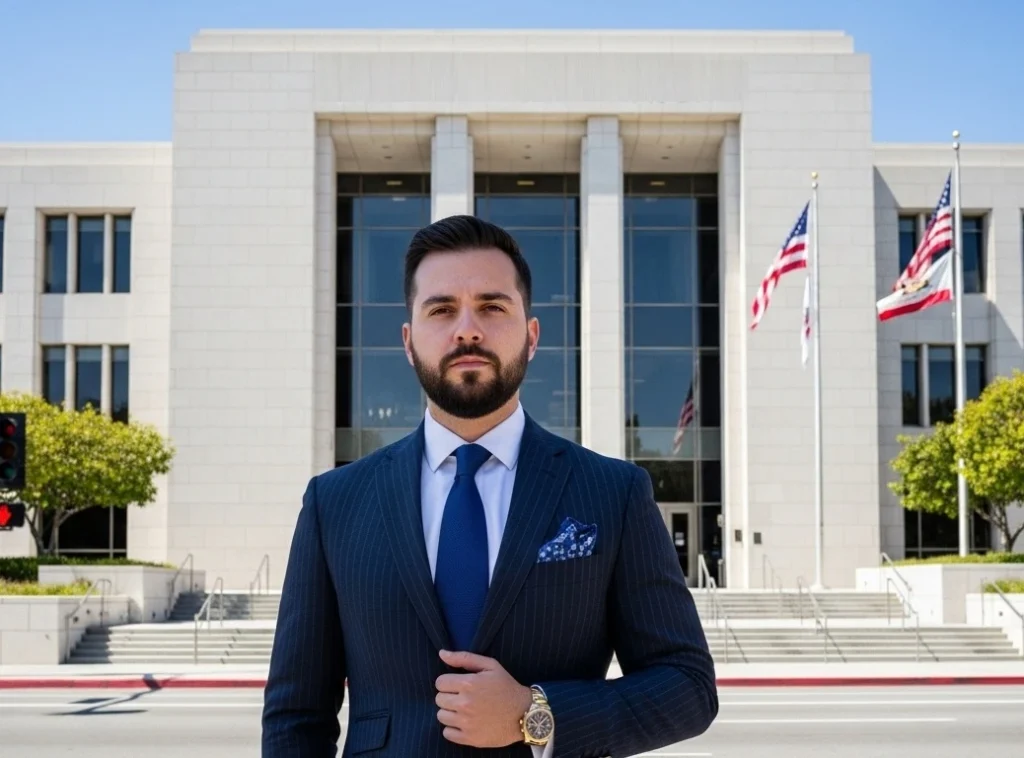Personal injury law exists to help you get back on your feet after an accident. If you’ve been hurt in a crash, a fall, or through someone’s negligence, you want to make yourself whole quickly. The same personal injury case can play out differently depending where you live. The first step is finding a lawyer who regularly tries or settles cases in your area.
Most personal injury cases run on contingency fees: you pay the attorney a percentage of the recovery only if the case is successful. The arrangement should be in writing, spell out the percentage at each stage (settlement, trial, appeal), and explain case costs—filing fees, experts, medical records, depositions—which are separate from the lawyer’s fee. Ask who advances these costs and when they’re repaid from any settlement or verdict. Clear, written terms up front prevent surprises later. ( American Bar Association )
To build a trustworthy shortlist, start with state or local bar resources rather than paid lead sites. Certified lawyer-referral services screen participating attorneys and let you search by county and practice area; many can also match language needs and offer a low-cost initial consult. From there, check the attorney’s bar license and any public disciplinary history before you book time. ( State Bar of California )

Deadlines matter. Every state sets a statute of limitations for injury claims, and some claims have shorter “notice” windows—especially those involving government entities. Missing a deadline can end your case before it starts, so contact counsel promptly after an injury. State court self-help pages publish common limitation periods and exceptions; your lawyer will confirm which rule applies to your facts. ( California Courts )
Your first consultation is about evaluation and fit. Expect questions about how the injury happened, medical treatment and diagnoses, lost income, prior conditions, and available evidence like photos, witnesses, or vehicle data. A good PI attorney talks candidly about strengths and weaknesses, what additional investigation is needed, and realistic timelines and outcomes—without promising a specific dollar figure. If you feel rushed toward signing or pressured with guarantees, get a second opinion. ( FTC )
When comparing firms, look past slogans to the specifics: experience with your injury type (for example, trucking crashes vs. slip-and-falls), willingness and capacity to take a case to trial if needed, and who will actually do the day-to-day work. Ask how often the firm litigates versus settles, how they communicate status updates, and how decisions about experts and mediation are made. Reputable plaintiff-side organizations emphasize transparent, written fee agreements and clear explanations of costs throughout the case. ( American Association for Justice )
If your income is limited, legal-aid programs may not handle contingency PI cases, but they can still help you navigate related civil problems that follow an accident—job loss, housing issues, or benefits—while you pursue a claim. The Legal Services Corporation’s directory can connect you with local organizations and self-help materials, and many bar associations run free or low-cost clinics that can answer procedural questions even if they don’t take your case. ( Legal Services Corporation )
Understand the litigation arc before you sign: investigation and medical documentation come first; then a demand package; then, if needed, a lawsuit with written discovery, depositions, expert work, and, in some cases, trial. Along the way, your lawyer may negotiate health-insurance, Medicare, or provider liens from any settlement. Good firms preview these moving parts at the outset and put major decisions—settlement authority, trial choice—in your hands with counsel’s advice. ( ABA )
Because PI is local, price and quality vary town by town. The best approach is methodical: use a certified referral service to find candidates, verify licenses and histories, interview for experience and communication, and get a written contingency agreement that separates fees from costs. Move quickly enough to protect deadlines but not so fast that you skip due diligence. With a grounded local lawyer and a clear fee agreement, you can focus on healing while your case is built the right way.
